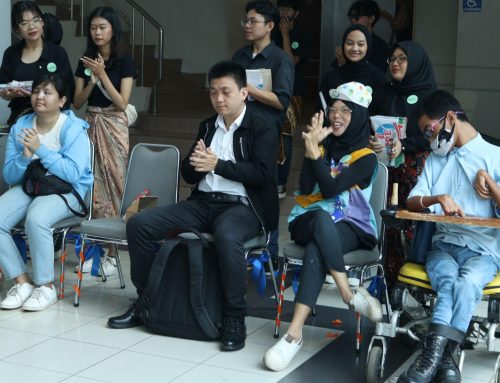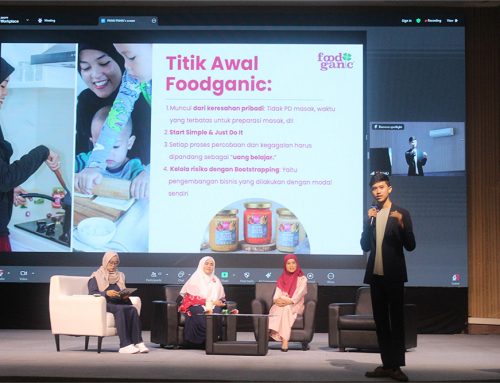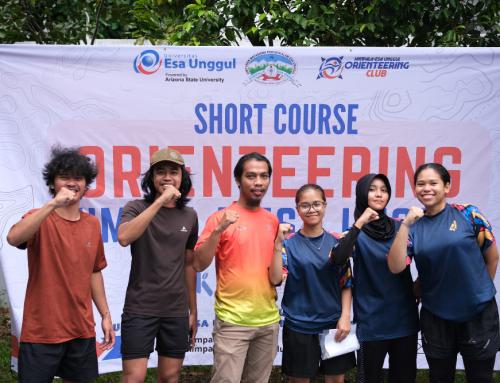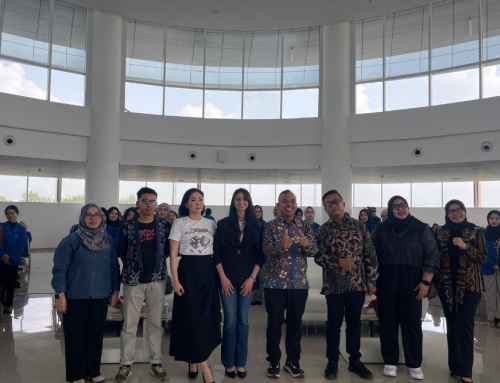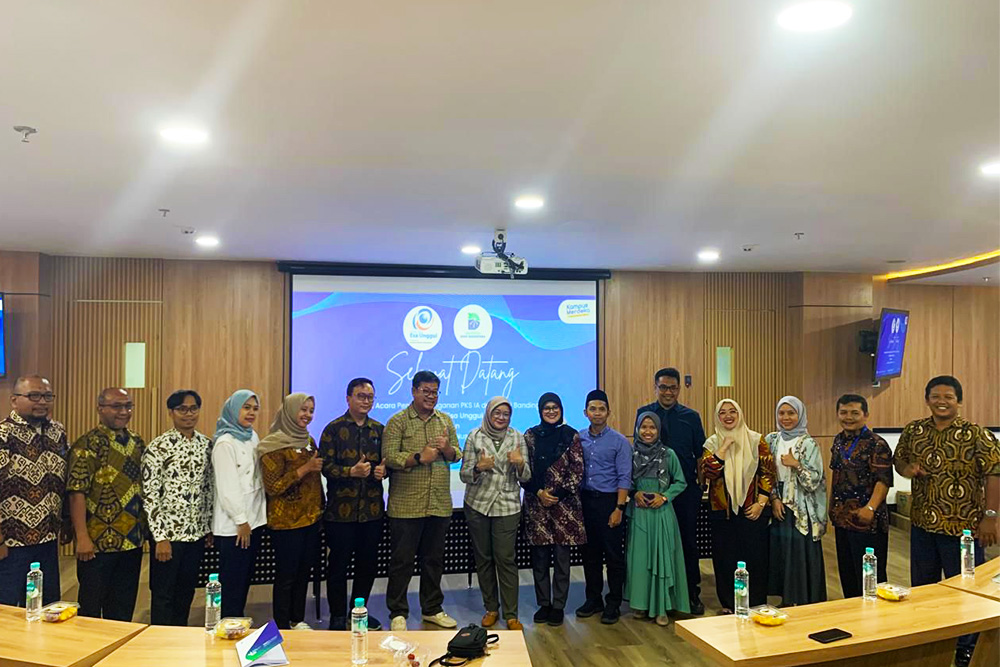
Esaunggul.ac.id, Universitas Esa Unggul (UEU) again showed its commitment in expanding its cooperation network with various educational institutions. On Thursday, October 10, 2024, Universitas Esa Unggul welcomed a visit from Dian Nusantara University (Undira) and signed an Academic Implementation Cooperation Agreement (PKS IA) between the Faculty of Teacher Training and Education (FKIP) and the Faculty of Economics and Business (FEB) of Universitas Esa Unggul and the Faculty of Business and Social Sciences of Dian Nusantara University. The event took place at Esa Unggul University Campus, Jakarta.
Present at the event was Vice Rector IV for Cooperation and Institutional Development of Universitas Esa Unggul, Dr. Rilla Gantino, SE, Ak, MM, who emphasized the importance of this cooperation in developing the quality of education in both institutions. “This cooperation is expected to bring great benefits in improving the quality of education, research, and community service which are part of the Tri Dharma of Higher Education,” said Dr. Rilla.
Also present were the Head of the Cooperation Bureau of Universitas Esa Unggul, Dr. Ayu Larasati, S.Sos., M.Si., Dean of the Faculty of Teacher Training and Education, Dr. Harlinda Syofyan, S.Si., M.Pd, Vice Dean of the Faculty of Economics and Business, Dr. Abdul Haeba Ramli, SE, MM, as well as faculty members from Dian Nusantara University, including the Head of the Undira Cooperation Bureau, Wahyu Budi, S.S., M.Sas.
This visit was also carried out in the context of a comparative study between the two faculties, with the aim of strengthening inter-institutional relations through collaboration in the field of lecturer and student exchanges, as well as joint publications and research. Both parties hope that this collaboration can have a positive impact, especially in academic development and research innovations that benefit both institutions and the wider community.
This activity is a clear proof of Universitas Esa Unggul commitment in realizing better educational synergy in the future, as well as opening wider collaboration opportunities to improve the competitiveness of universities in the era of globalization.




